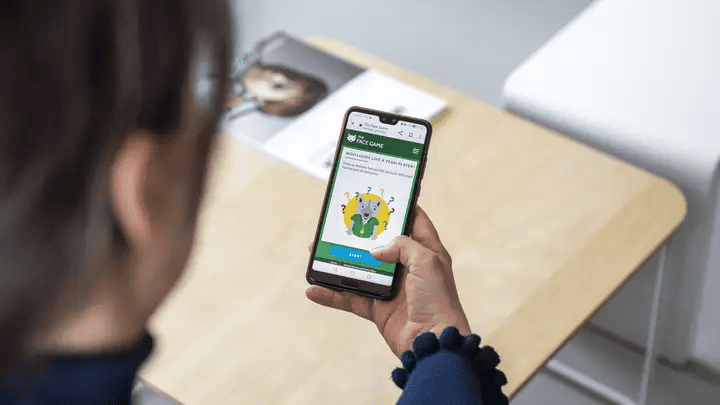
Paul McCartney is set to release the last ever Beatles song later this year, featuring AI-cleaned John Lennon vocals. McCartney used AI to extract Lennon’s voice from an old demo to complete the music piece. The track, rumoured as John Lennon’s song “Now And Then” from 1978, is expected to be released this year. The BBC reported on this. This is the latest in the use of AI in the music industry. Artist both fear and celebrate the possibilities AI brings. Here we explore the impact of AI on the industry.
- The song, rumoured to be based on John Lennon’s “Now And Then” from 1978, is expected to be released this year
- AI brings a wave of new possibilities to the music industry
- But not all that is possible is deemed good by industry experts
AI: Opportunity or threat in the music industry?
AI has been a topic of concern and excitement for musicians, producers, and songwriters alike. In some cases, AI is seen as a powerful tool for artists to enhance their work, while in others, it raises ethical and legal questions, especially when it comes to copyright and ownership. The Beatles’ case serves as a prime example of both the potential and the dangers of AI in the music industry.
AI-generated music raises several ethical and legal questions. For example, creator Dae Lims used AI to add John Lennon and George Harrison’s voices to Paul McCartney and Ringo Starr tracks, generating AI-created ‘new’ Beatles songs. While many listeners were impressed, the emergence of these songs led to litigation and copyright issues, with some videos removed due to rights holder complaints. Simplified tools for the public to create AI-generated music could cause even more copyright headaches in the future.
Resurrecting Lennon’s voice: A creative endeavour
Paul McCartney’s use of AI to extract John Lennon’s voice from a demo tape showcases the positive side of AI in the music industry. Lennon’s voice, previously unusable due to technical issues, such as persistent “buzz” from electricity circuits in his apartment, can now be included in the final Beatles song. Peter Jackson’s Get Back documentary also used AI to separate the Beatles’ voices from background noises and instruments. This technology enabled McCartney to “duet” with Lennon on his recent tour and to create new surround sound mixes of the Beatles’ Revolver album.

Legal landscape: Uncertainty and ongoing discussions
Current legal guidelines for AI-generated music are still in development, with discussions and proposed changes to copyright laws underway to accommodate this new technology. The U.S. Copyright Office rejected a copyright claim for AI-generated art in 2019, stating that it “lacks the human authorship necessary to support a copyright claim.” This ruling implies that AI-generated artists may not receive performance rights royalties for hit songs, raising questions about payment, authorship, and attribution. In cases where the result is not purely AI-generated, but AI was used as a tool, such as in the upcoming Beatles song, the end result will still be under copyright.
AI in the music industry: A double-edged sword
The future of AI in the music industry holds both promise and pitfalls. On one hand, AI could be used to revive deceased stars, polish back catalogues, produce unfinished demos into full songs, and even create new material. However, such advancements may come with copyright concerns and ethical questions, such as whether AI-generated music is truly new or more like a tribute band. The industry and society must adapt laws, rules, and business models to accommodate AI’s influence on music.
The upcoming release of the “final” Beatles song, made possible by AI, may spark further discussions and debates on the role of AI in the music industry.







